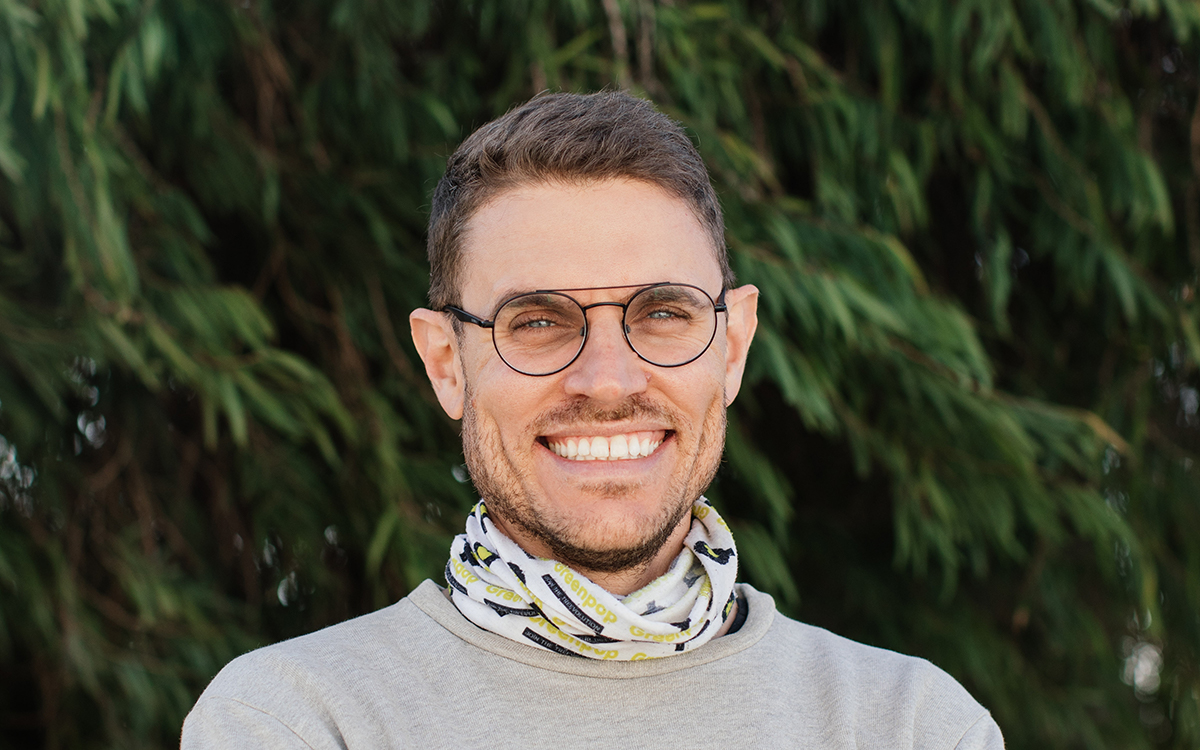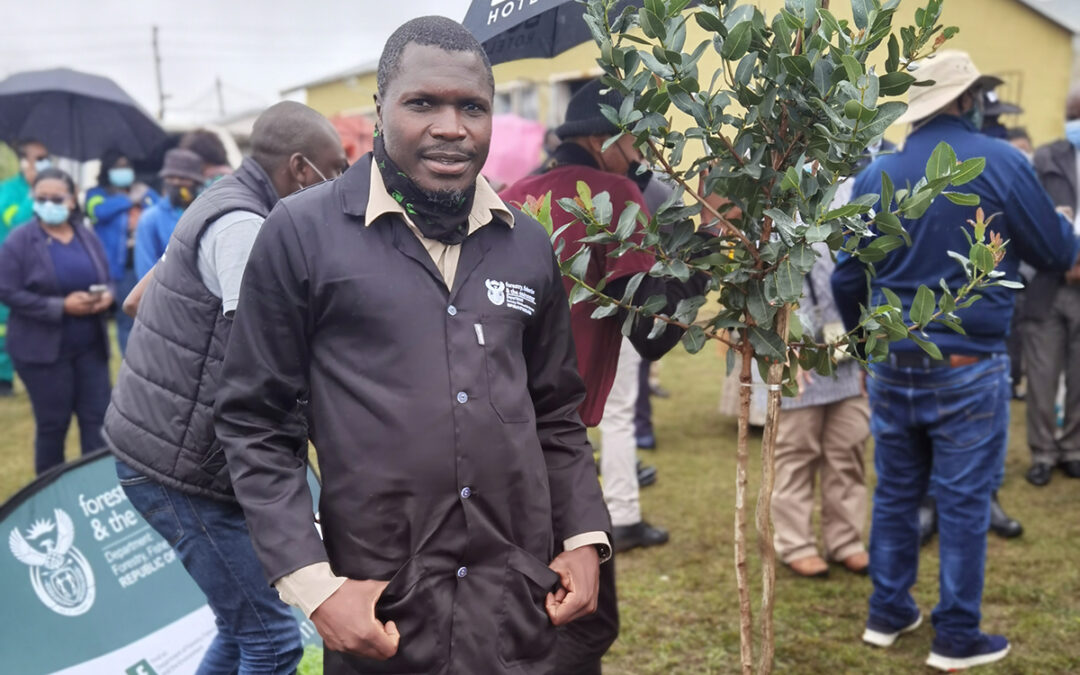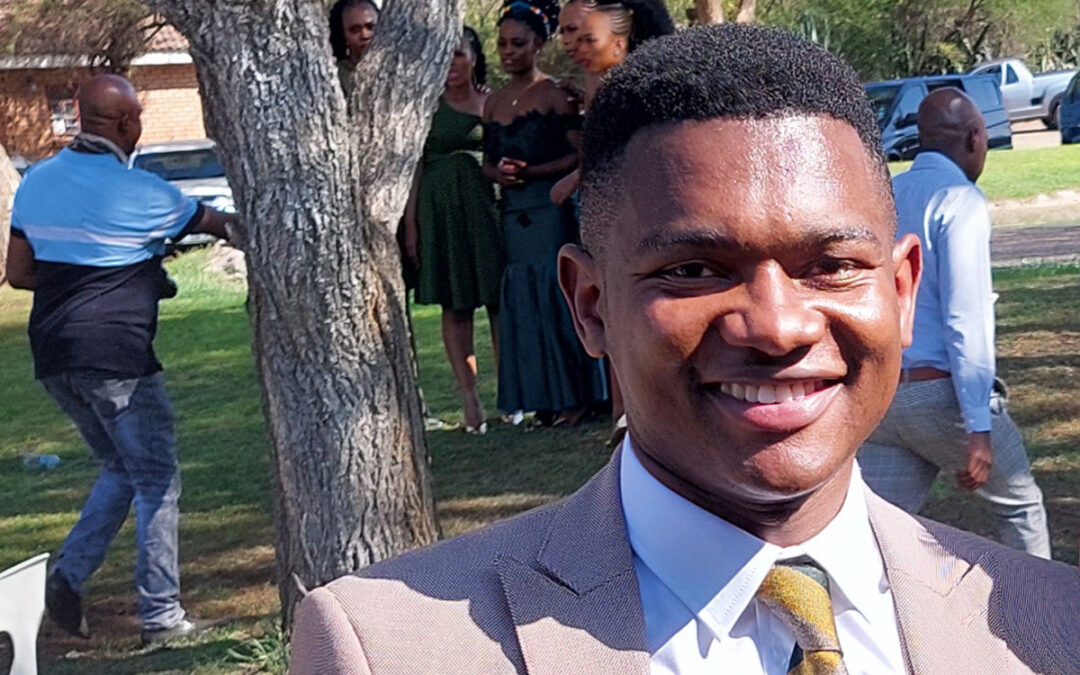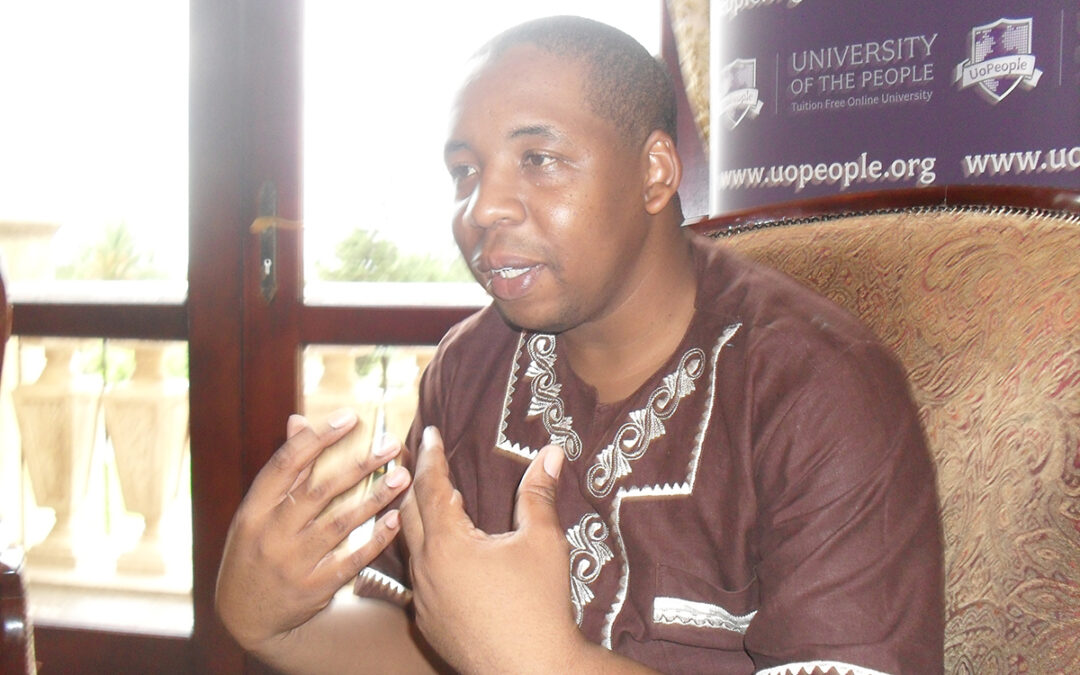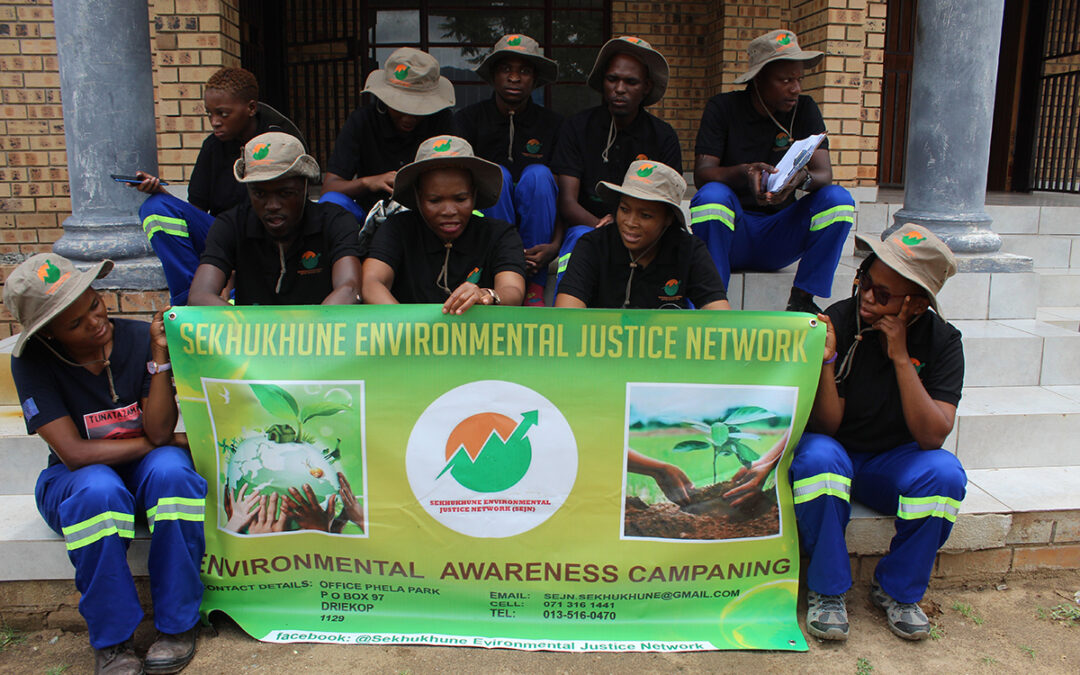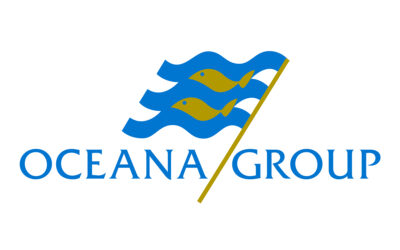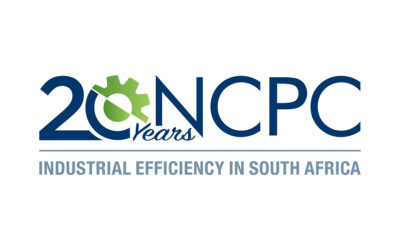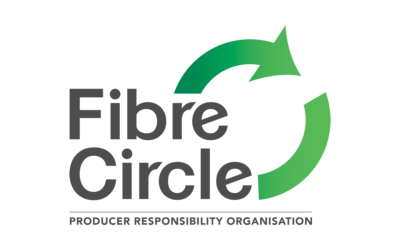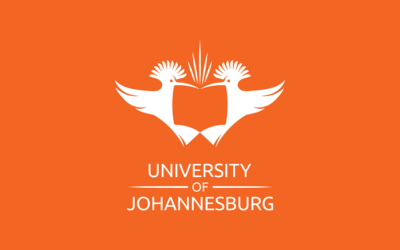As an urban greening project manager, Louw’s paired passions for education and ecology coincide. Central to his work is the Fynbos for Future initiative, which connects children living in underserved — and “under-greened” — communities with their natural heritage by planting indigenous gardens at schools. Navigating economic and structural obstacles is primary to the programme, Louw says. “Our aim with building outdoor biodiversity classrooms is to bring nature to the kids and, in doing so, removing accessibility barriers to natural spaces in Cape Town.”
Greenpop has worked with schools across the metropole since 2010, providing eco-education workshops to learners and planting thousands of trees. Following the 2018 drought, the nonprofit’s urban greening programme refocused on restoring the Cape’s fynbos ecosystem. The resulting school gardens work as both educational tools and biodiversity corridors, promoting environmental responsibility in children and supporting nature’s resilience. Greenpop’s urban greening programme pursues an ecologically robust future, where local biodiversity is accessible to all and conserved by engaged community custodians.
Louw suggests that contributing to the natural world’s continued preservation offers an antidote to the existential crisis of climate change. “Many people don’t know what to do with this information,” he says of the increasingly urgent warnings of planetary catastrophe, “and it could lead to anxiety and even apathy. To see the positive change we all long for, we need to get active, not anxious.”
Getting active is easy: “One can do amazing things in the fields of urban greening and sustainability by just volunteering one’s free time,” Louw says. “Greenpop can only achieve what it does with the constant help of countless volunteers, and every bit counts.” As to looking ahead to future projects, he says: “My dream would be to increase our capacity to enable us to work with more people, plant more food and plant more fynbos.”
Greenpop’s urban greening programme pursues an ecologically robust future, where local biodiversity is accessible to all and conserved by engaged community custodians. Deon Louw suggests that contributing to the natural world’s continued preservation offers an antidote to the existential crisis of climate change.
